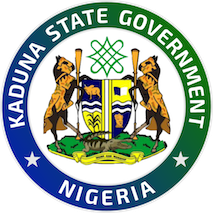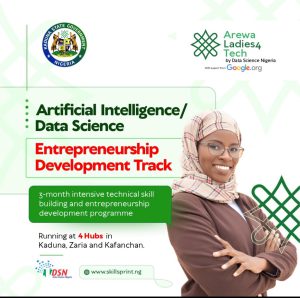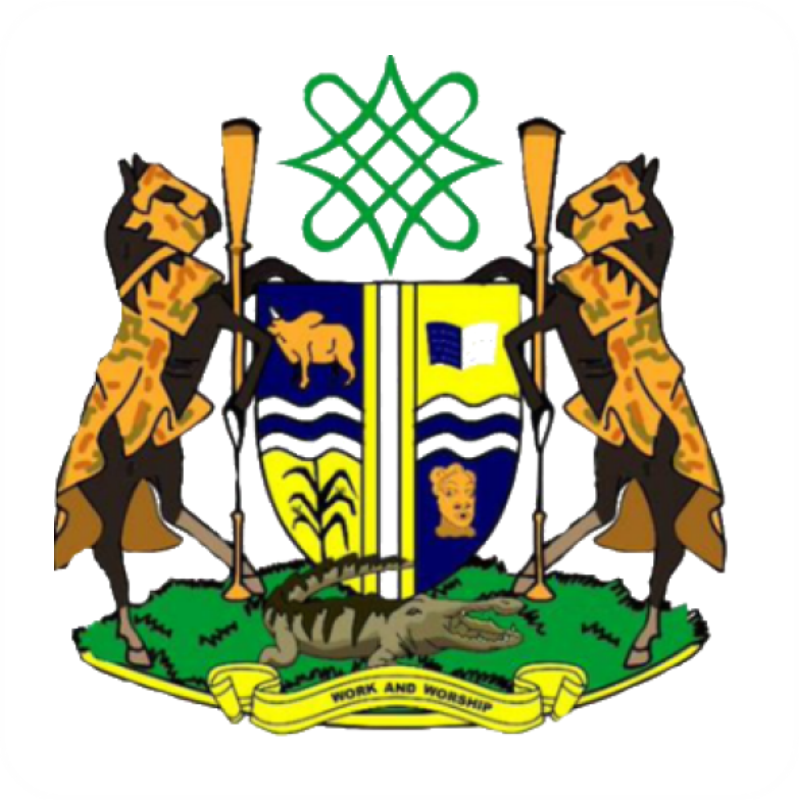Governor Nasir El Rufai of Kaduna state has said that the reality that is facing the country at the moment has clearly shown that the only way to finance the running of government and provide social services is through taxation.
The governor who made this point known at the Annual Tax Conference of the Chartered Institute of Taxation on Wednesday, also raised issues that need to be resolved for efficient tax collection in Nigeria.
El Rufai said that the Federal Accounts Allocation Committee meeting will come up next week and the Nigerian National Petroleum Corporation(NNPC) ‘’is likely to come with zero allocation.’’
‘’So, we have got to a point in this country, whether we like it or not, due to the continuous subsidy of petroleum products, most of which leaks to neigbhouring countries, NNPC cannot contribute anything significantly to the federation account.
‘’We are therefore having to come back to the truth, which is the only way to finance the running of government and provide social services is through taxation’’, he argued..
The governor lamented that ‘’Nigeria’s Tax to GDP ratio is something in the region of 6%:7%; one of the lowest in the world and it is a national disgrace, compared to countries that collect up to 20% of GDP.
‘’In Kaduna state with a Gross Domestic Product of about N2 trillion, we should be collecting about N400 billion per annum as taxation. Unfortunately last year, we collected slightly above N50 billion, 1/8th of what we should be collecting. That means that there is a lot of work to do,’’ he revealed.
El Rufai pointed out that the situation in Kaduna state is similar for the rest of the country, adding that in fact, most states are much worse.
The governor tasked the institute of taxation to help to resolve the issues of rapid deterioration of oil revenues that is facing the country because ‘’oil revenues are not sustainable; the use of oil itself as fuel is something that is on its way out.’’
According to him, ‘’most countries are planning for a green economy in which oil will not be used at all; electric cars will be the norm. Industries will convert to solar and renewals.
‘’So, we must begin to move away from oil. Oil is neither answer nor the question that will solve our problems. The real solution to our problems is better and efficient taxation of goods and services,’’ he counselled.
El Rufai said that ‘’in the light of the fact that 75% of Nigeria’s economy is informal, how do we scale up the taxation of the informal sector? I think some progress has been made with Presumptive Taxation, but it is not enough.’’
‘’Agriculture accounts for a large proportion of our GDP. Here in Kaduna state, like any state in the federation, agriculture is the largest employer of labour and the largest contributor to GDP’’.
‘’ But it is incapable of being taxed at the farm gate. How do we tax agricultural production at the farm gate, not at the valued-added and processing stage, so that we will be able to widen and broaden our tax net as well as proceeds?’’, he asked.
According to the governor, ‘’the big elephant in the room is how do we tax these global tech companies, that make a lot of money in our country without being physically present here, for you to even tax them?
The governor also asked how the nation can ‘’scale up Tax Identification records so that we capture every adult in Nigeria for the purposes of taxation.’’
According to him, Kaduna state has ‘’ a Development Levy of N1,000 that is supposed to be paid by every adult. We believe that this nominal payment will make people to ask government to account for their tax revenues.’’
‘’Today, what governments do in Nigeria are proceeds from oil revenues and that has led to a sleepy citizenry that does not ask questions about what we do as governments with the tax payers’ money,’’ he noted.
El Rufai advocated for the bringing together of all the data that are being collated, ranging from Tax Identification Number, Bank Verification Number and National Identification Number to form a single database.




